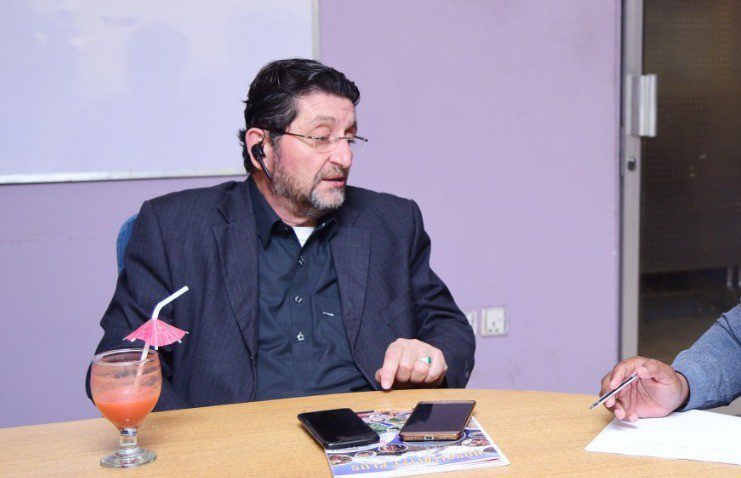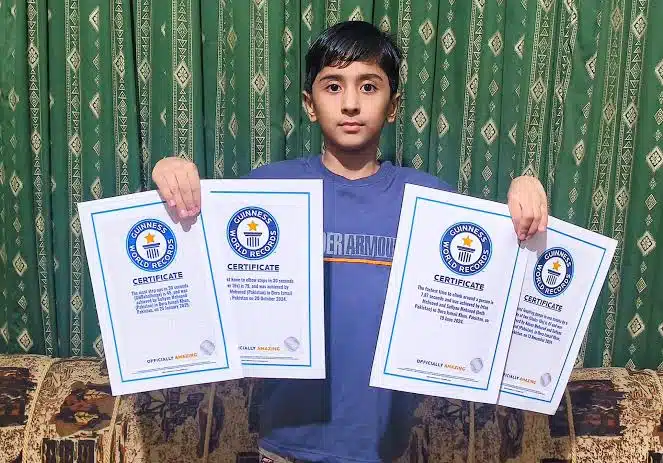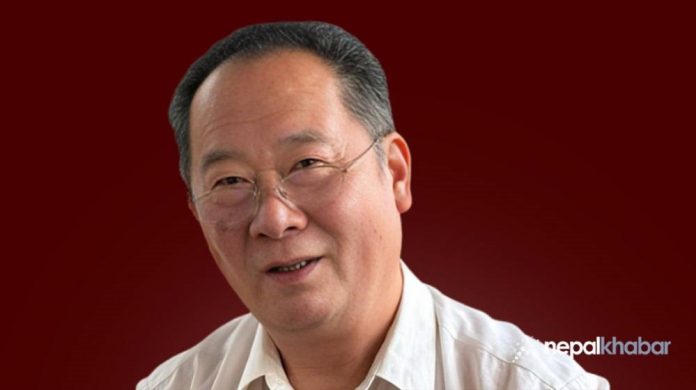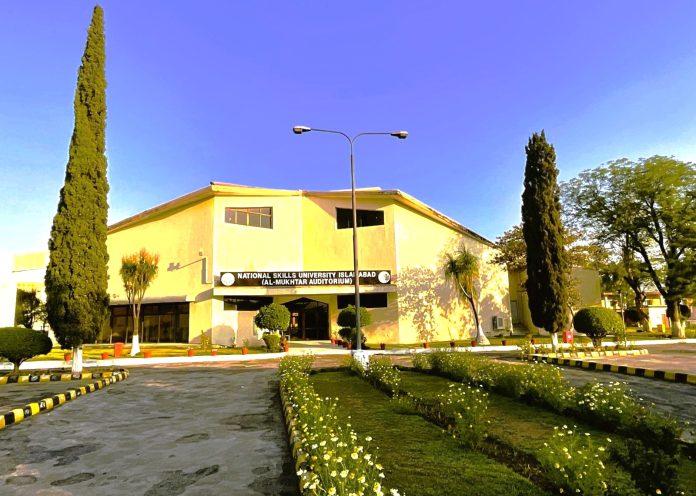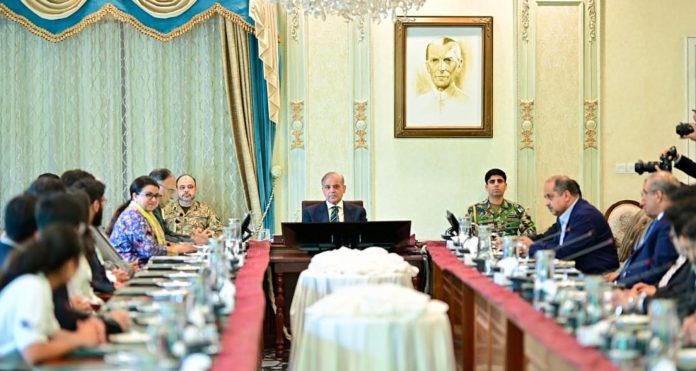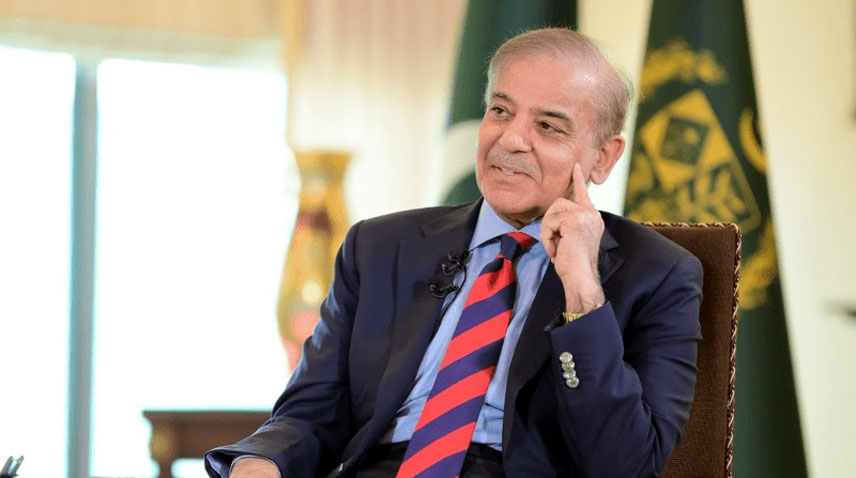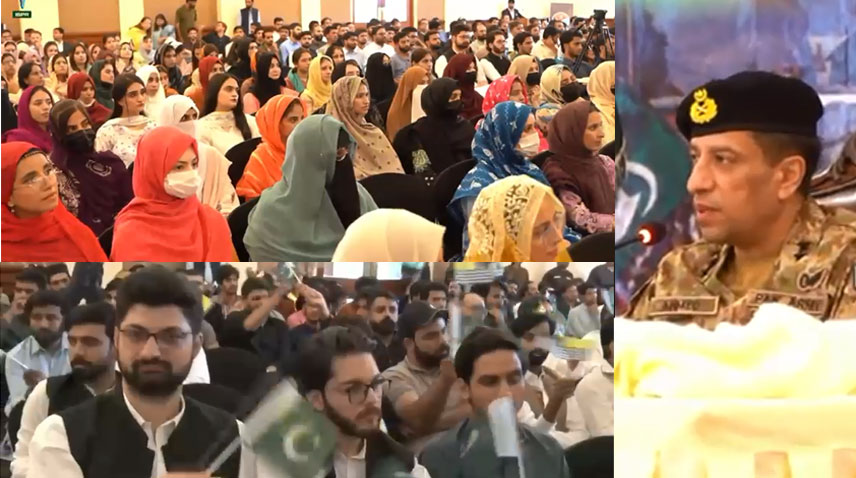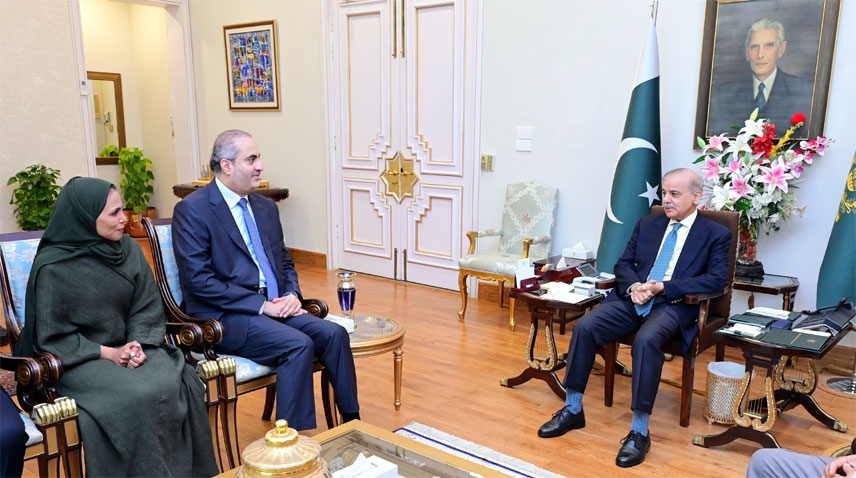The government should establish a national level body to promote Pakistan as a tourist attraction.
by Fraaz Mahmud Kasuri
Tell us something about yourself?
My basic education is from Gilgit Baltistan. I did my graduation from Forman Christian College, Lahore and masters in International Relations from the University of Punjab, Lahore. I am the one who has seen some very good times of tourism in Pakistan. I am a self-taught tourism consultant for last 40 years without any formal education in tourism. I have been the president of Pakistan Association of Tour Operators (PATO) for six years. I have headed various non-governmental organisations (NGOs) as well. I have co-authored two tourism policies as well; one for KPK and the other one for Gilgit Baltistan. Right now, I am in hotel business and running a 40-room Hunza Darbar Hotel as chief operating officer.
How do you see tourism in Pakistan?
I believe that Pakistan is a unique and diverse tourism product. Malaysia, Sri Lanka and Maldives are famous for beaches only while Pakistan is quite diverse in its beauty. Gawadar and Makraan coasts are matchless in their splendor. We have a variety of weathers. When you start from Gawadar and come towards north, you experience different cultures, histories, foods and landscapes. We have seventeen languages and seventy two dialects. People have different lifestyles and faces even. Then we have mountains as well. We have attractions for various religions and civilations like Ghandhara, Buddhism, Hinduism and Sikhism. If we see them individually; all the provinces are different and diverse. All we need is proper marketing of our attractions. After Raymond Davis incident, we stopped giving visas and, in return, people stooped coming. We have to be more open to all.
Is current government going in the right direction?
Prime Minister Imran Khan himself is very keen to promote tourism in Pakistan. He has taken some positive steps; one of them is visa relaxation. The government is going to establish a body at central level for the promotion and regulation of tourism that will be responsible for the formulation of policies and strategies.
What is being done for tourism at provincial level?
In the world, tourism is the subject of federation but, in our country, after the implementation of 18th amendment, we have devolved it to provinces and it has caused a big loss to tourism. There is nobody at the federal level to deal with it. We need to promote Pakistan not provinces. Gilgit Baltistan is doing well in tourism because it is its bread and butter. KPK is also trying to portray its soft image whereas Punjab which is full of tourist attractions is not keen to have tourists here. There are historical places, wildlife parks, shrines, gurudawaras and many other things but an infrastructure is needed to make their proper use. On the other hand, Sindh is doing nothing to promote tourism.
What is government’s policy on tourism?
Imran Khan said in his first speech that tourism was his first priority. He has also established a tourism task force in which experts have been added to devise a policy on tourism.
What should the government do to promote tourism?
Aggressive marketing under a special slogan is needed. There should be road shows, tourism fairs and expos. The government should establish a national level body to promote Pakistan as a tourist attraction. There should be incentives for less developed areas. Tourism related imports should be tax free. Law and order situation should be improved. PIA should reduce its fairs for homebound flights; group rates should be introduced.
Where do you see tourism by the end of this government?
Imran Khan has got a charismatic personality. He has taken some good steps to market Pakistan in the world. I think the world will see a better Pakistan in his leadership.
What is the impact of CPEC on tourism in Pakistan?
I think we should give it a little more time. It will automatically improve the business tourism.
Any message for our readers?
We Pakistanis should be thankful to God for bestowing us with a gift full of blessings. It is our responsibility to protect and safeguard these blessings.

